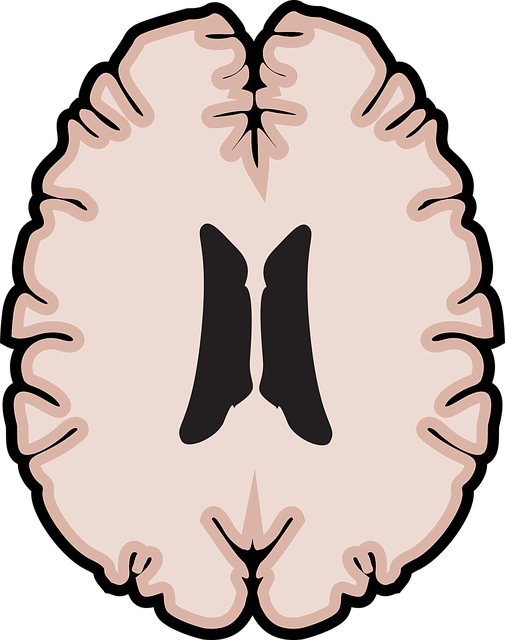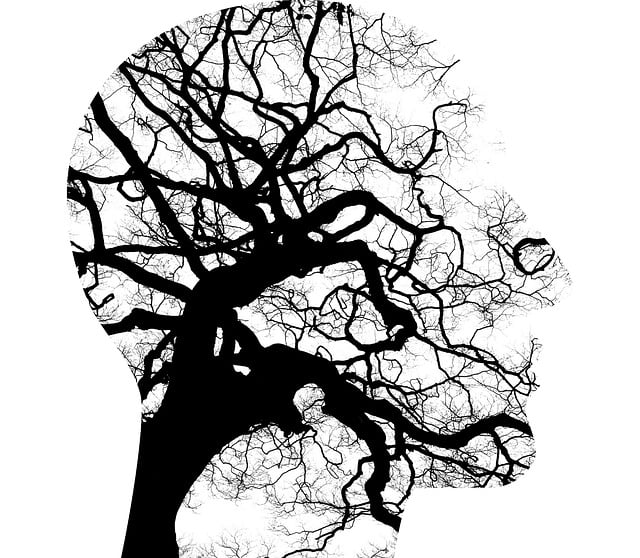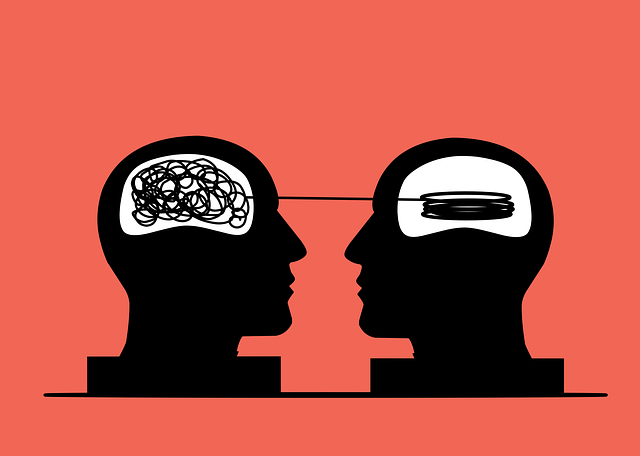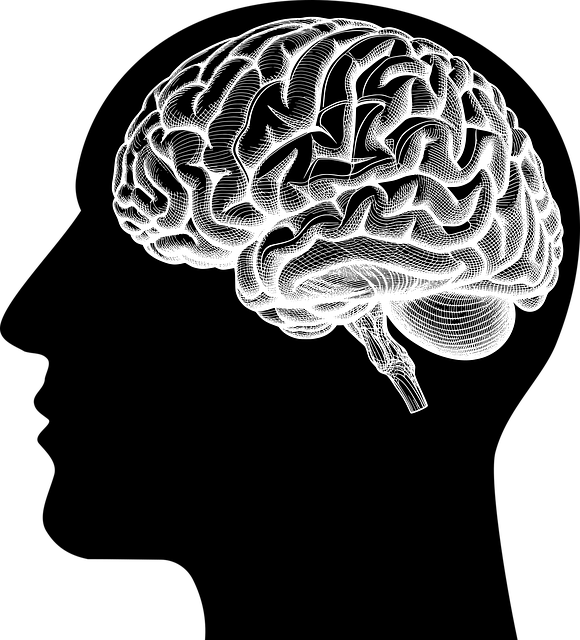Mental wellness self-assessment tools are vital for therapy, enabling individuals to gain insights into their mental health and emotional well-being. Integrating Christian counseling principles enhances these tools, offering a unique approach that combines biblical teachings with healing practices. For adults seeking therapy or Christian counseling, balanced self-assessments that are thorough yet user-friendly are key. By incorporating interactive elements and evidence-based practices, these assessments promote self-awareness, resilience, and personal growth, empowering individuals to navigate their emotional journeys effectively.
Mental wellness self-assessment tools play a pivotal role in effective therapy, enabling individuals to gain insights into their emotional well-being. This article delves into the development of such tools, focusing on three key areas: understanding mental wellness self-assessments, integrating Christian counseling principles, and creating comprehensive yet user-friendly assessments for adult wellbeing. By combining evidence-based practices with spiritual guidance, these tools offer a holistic approach to therapy tailored for adults seeking mental health support, including those interested in Christian counseling.
- Understanding Mental Wellness Self-Assessment: The Foundation of Effective Therapy
- Integrating Christian Counseling Principles into Self-Assessment Tools
- Creating Comprehensive Yet User-Friendly Assessment Tools for Adult Wellbeing
Understanding Mental Wellness Self-Assessment: The Foundation of Effective Therapy

Mental wellness self-assessment tools serve as the cornerstone for effective therapy, providing individuals with a means to gain valuable insights into their mental health and emotional well-being. These assessments facilitate self-awareness exercises that enable folks to identify areas of distress or growth. By understanding their unique challenges and strengths, individuals can make informed decisions regarding their therapeutic journey, whether seeking counseling for adults, exploring Christian counseling, or needing crisis intervention guidance.
The development of robust mental wellness self-assessment tools plays a pivotal role in enhancing public awareness campaigns. It equips people with the knowledge to recognize warning signs early on, fostering proactive measures to maintain and improve mental health. Ultimately, these tools empower individuals to take charge of their emotional well-being, even before engaging in formal therapy.
Integrating Christian Counseling Principles into Self-Assessment Tools

Integrating Christian Counseling principles into mental wellness self-assessment tools offers a unique and potentially powerful approach to supporting individuals’ spiritual and emotional well-being. This therapeutic framework, rooted in biblical teachings, emphasizes the importance of forgiveness, gratitude, and connecting with a higher power as essential aspects of healing and growth. By incorporating these concepts into self-assessment tools, therapists can create a safe and supportive environment for adults seeking therapy, enabling them to explore their mental health from a holistic perspective.
For healthcare providers, especially those focusing on burnout prevention strategies, integrating Christian Counseling principles can be transformative. Self-awareness exercises that encourage reflection on one’s relationship with God or a higher power, coupled with self-esteem improvement techniques, can help individuals find meaning and purpose in their struggles. These tools not only facilitate personal growth but also foster resilience, making them valuable resources for therapists offering therapy for adults.
Creating Comprehensive Yet User-Friendly Assessment Tools for Adult Wellbeing

In developing comprehensive self-assessment tools for adult mental wellness, it’s crucial to strike a balance between thoroughness and user-friendliness. These tools play a pivotal role in empowering adults to take charge of their psychological well-being, whether they’re seeking therapy or exploring Christian counseling as part of their personal growth journey. A well-designed assessment should seamlessly guide users through various aspects of mental health, encompassing emotional states, thought patterns, and social interactions, without overwhelming them.
The process involves carefully curating questions that stimulate introspection while maintaining a clear, intuitive structure. Incorporating elements from Mental Health Education Programs Design can enhance the tool’s effectiveness, ensuring it aligns with evidence-based practices. Additionally, integrating Social Skills Training methodologies in the assessment format promotes self-awareness and could offer valuable insights for personal development. Moreover, considering the increasing popularity of Mental Wellness Podcast Series Production as an educational medium, these tools can be designed to offer interactive or multimedia elements, making the self-assessment experience engaging and accessible for a diverse audience.
Mental wellness self-assessment tools play a pivotal role in enhancing therapy for adults, offering them a means to proactively manage their well-being. By integrating Christian counseling principles, these tools not only provide a comprehensive evaluation of an individual’s mental state but also foster personal growth and resilience. As discussed, the development of user-friendly yet thorough assessment instruments is essential to encourage regular self-reflection and informed decision-making regarding one’s mental health, ultimately enriching lives through effective therapy tailored to individual needs.














